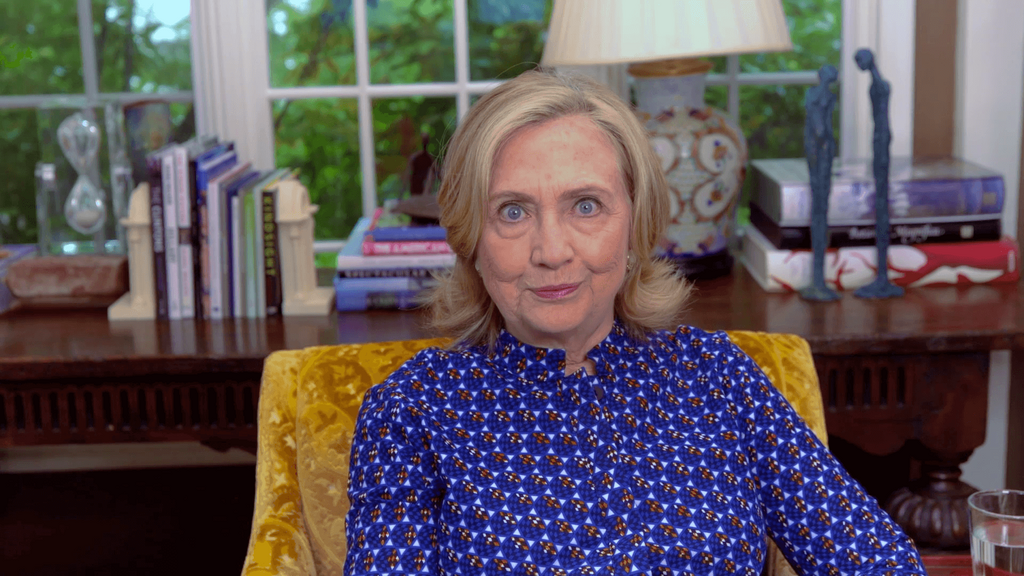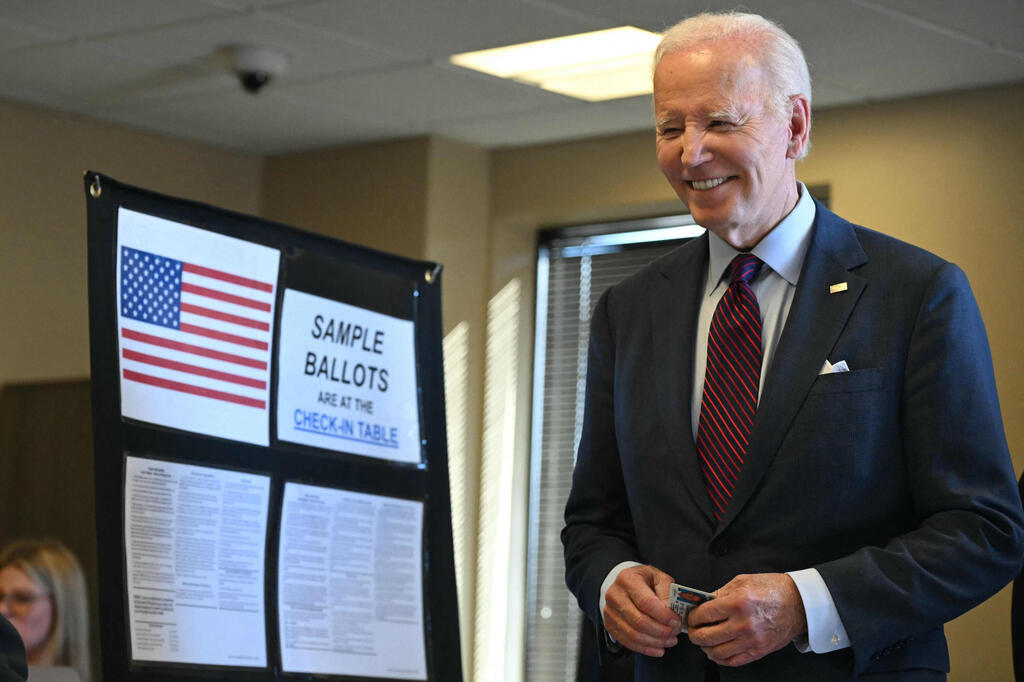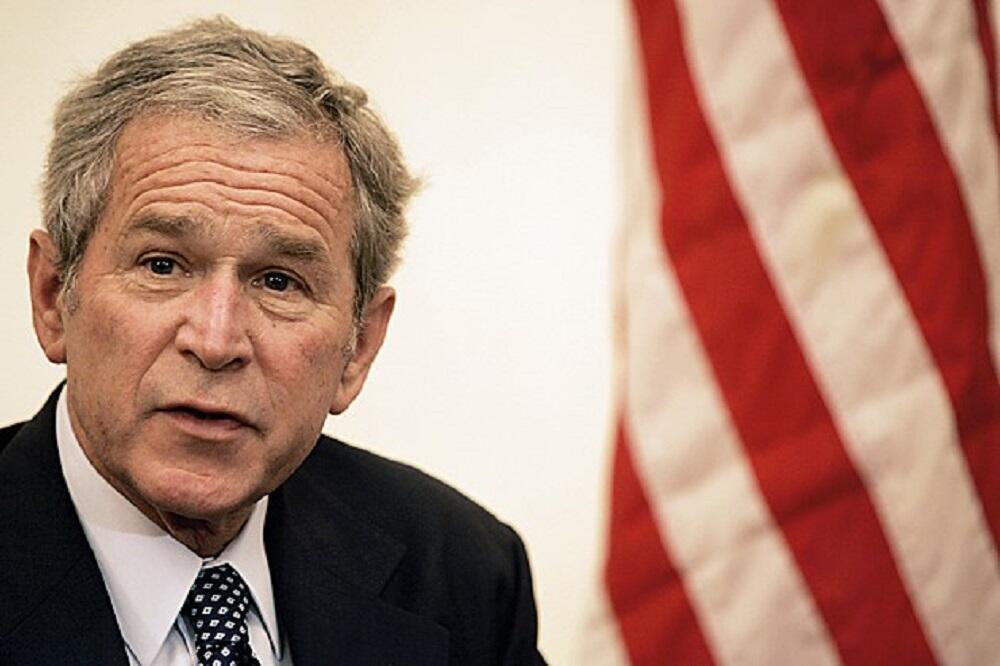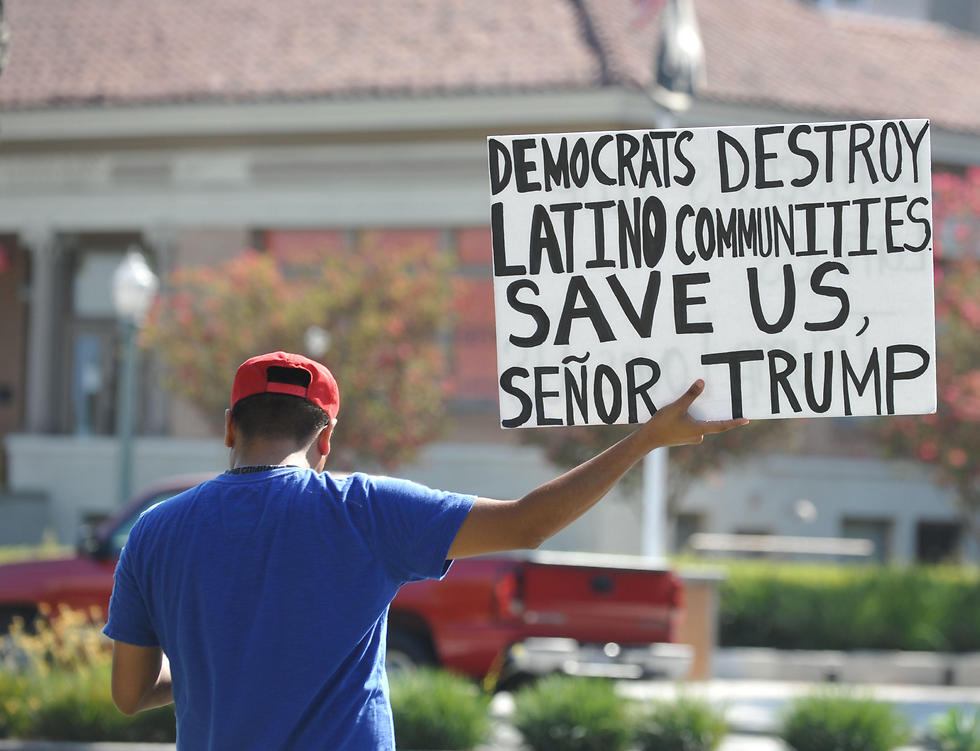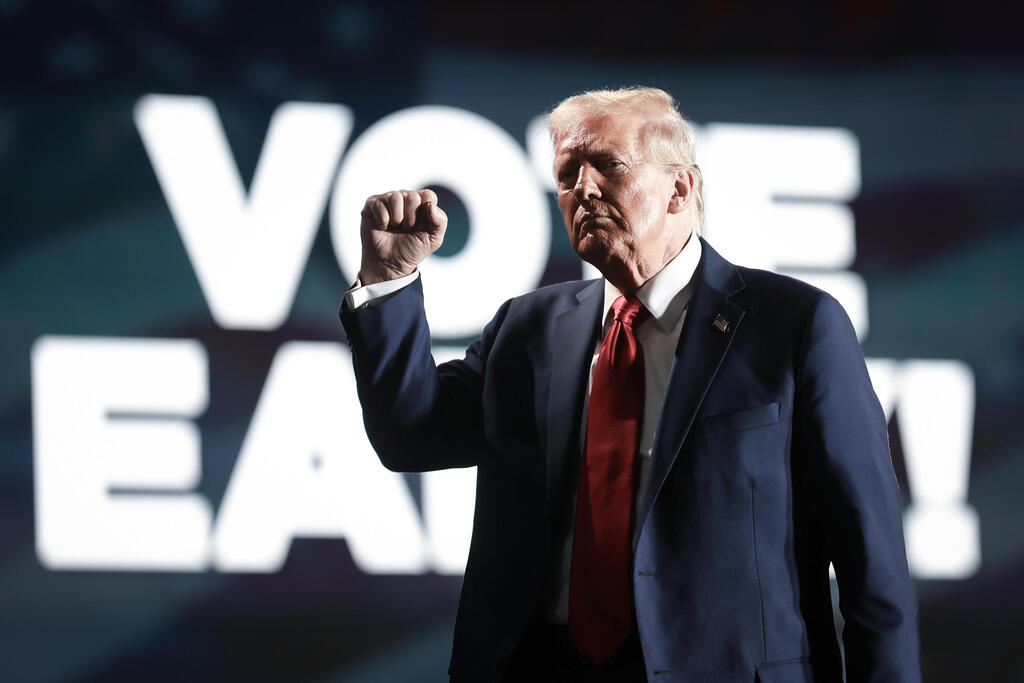Who will be chosen as America’s next president is important. Even more important is the fact that the United States is in crisis, which the election cannot and will not resolve. Either Harris or Trump will find leading modern America exceptionally difficult.
Americans will make a very important choice between Kamala Harris and Donald Trump within the next few days.
7 View gallery


Donald Trump and Kamala Harris
(Photo: AP Photo/Carlos Osorio, AP Photo/Mike Stewart)
Harris represents the Democratic Party’s consensus view of America and the world, and a continuation of the presidencies of Barack Obama and Joe Biden. Trump represents a repudiation of the Democrats.
America will take one of two substantially different roads depending on the identity of the winner, but where either road will lead is not at all clear. The country is in crisis, and the new president shall have a most unpleasant task ahead.
It is worth emphasizing that both Trump and Harris are weak candidates. More specifically, they are two of the least popular people to have run for president in the last 70 years.
The only two others who were even less popular over these decades were Hilary Clinton, who narrowly lost to Trump in 2016; and Barry Goldwater, who lost by a country mile to Lyndon Johnson in 1964.
Even in 2004, when the problems of the wars in Afghanistan and Iraq were beginning to break American unity apart, both George W. Bush and John Kerry were much more popular than either of the two candidates running in 2024, only two decades later.
More than one in three Americans has a highly unfavorable view of either Harris or Trump. The acute dislike of Trump has fallen off slightly with every election in which he has run, but he nonetheless holds the ignoble title of the most sharply disliked presidential candidate of the last seven decades.
Hilary Clinton was almost as despised, and Kamala Harris is not far behind Trump and Clinton. All three of these deeply flawed politicians have attracted more acute opprobrium in the polls than that which made Southern segregationist George Wallace a non-viable candidate in the election of 1968.
Making the situation even worse is the fact that not just the specific people running for office, but the institution of the presidency itself is distrusted. Specifically, 34% of Americans have no trust at all in the executive branch. Thirty-six percent think the same of the media, which is now the single least trusted American institution.
That latter fact has led the billionaire owner of the Washington Post, Jeff Bezos, to write an opinion piece acknowledging that “something we are doing is clearly not working.” A pity that neither Harris, nor Trump, nor Joe Biden are going to make such a blunt assessment of their performance as politicians.
Government as a whole has lost almost all credibility with Americans. On 6 October 2001, soon after al-Qaeda’s terrorist attacks on New York and Washington, 60% of Americans trusted the government. Now, less than a quarter do.
In this case, the depth of distrust is not new, since as long ago as June 1994 only 17% of the country trusted the government. Nonetheless, the fact that the distrust has returned, and has long since become persistent, means that the next administration will find it particularly difficult to find and sustain the support needed to govern America effectively.
America as a nation is in a nasty mood. Fewer than a quarter of Americans are satisfied with the condition of the country, and the last time this measure was above 50% was in January 2004, in the relatively optimistic times of now much-berated President Bush.
Now, the anger has risen to the degree that Americans now find it very difficult to be objective even when assessing the basic facts of national life, such as the seriousness of crime in the country.
Even as recently as 2019, supporters of both parties had essentially the same view on the matter. This year, 78% of Republicans, a supermajority, consider crime a serious problem. Among Democrats, only 35% share this view.
When a bipartisan consensus is emphatically absent even when judging daily reality, it becomes open to question whether achieving any kind of consensus remains possible in the country.
Part of the reason for the enormous difficulty in finding unity in modern America is the changing nature of the country’s population. The great wave of modern immigration to the United States is fundamentally different from previous ones in the origins of the immigrants. The newcomers are not largely European, as they were in past waves of migration, but rather overwhelmingly Latin American and Asian. The leading countries of origin are Mexico, China and India.
These societies are far more culturally distant from America than those in Europe, and none of these countries is a modern democracy on the Western model. China is a dictatorship, of course, while both Mexico and India are politely described as "partially free" by Freedom House, an American non-profit organization that assesses democracy in the world.
It may well be the case that many individual immigrants from these countries choose America precisely because it offers the true freedom which is difficult or impossible to find in their home countries, but it is at least equally true that many others among these immigrants do not consider sustaining democracy, or the values of compromise and mutual respect that underpin it, to be an important personal priority.
America’s society is now one of multiple segments, many of which decisively support one of the two parties. Just as there are fewer than ten swing states out of the 50 that make up the United States and whose voters will decide the outcome of the election, only some segments of America’s population are prepared to alternate between supporting Democrats and Republicans.
In 2020, as summarized in an important Pew report, almost all Black women voted for Biden. So did very large majorities of Black men and Asian adults. People of Hispanic origin also chose Biden by a substantial margin. On the other side of the divide, White men were much more likely to support Trump, and White adults who did not graduate from college were Trump’s strongest supporters.
Even if the final result in a few days might be a surprise, as hypothesized by forecaster Nate Silver, and either Harris or Trump will win by a comfortable margin, the winner will quickly discover that they are in a very difficult position. They will have as many ardent opponents as ardent supporters, and America will be no closer to emerging from its crisis.
The last time when the country was in a crisis of division of this magnitude, a man on the way to becoming its greatest president, Abraham Lincoln, remembered the Biblical warning that “every city or house divided against itself shall not stand.” It took Lincoln’s leadership to preserve the Union. Now, America will have to make do with whatever Harris or Trump might have to offer, none of which is at all likely to equal the feats of Lincoln.
America might well have been more divided during the Civil War than it is now, but it has never been so feeble. It is shocking to consider the fact that what I called America’s "non-war" against the Houthis still continues, a year after the first attacks on shipping in the Red Sea.
The Houthis have been remarkably ineffective, sinking only two ships and capturing a third, but the very fact that America has not been able to obliterate the danger that they pose demonstrates just how weak it has become.
Even in its enfeebled state, the U.S. remains indispensable. No other country in the world has the intention to be what President Franklin Roosevelt called “the great arsenal of democracy.” America is the dominant provider of military assistance to Ukraine, and has provided substantial assistance to Israel for many years, including the last year of war. Yet, America’s weakness may soon overwhelm its willingness to sustain this role.
America’s enfeeblement is far from new. The second and third-highest recipients of American military aid in history, the anti-Taliban government of Afghanistan and the country of South Vietnam, no longer exist. Ukraine, the current largest recipient, has been granted the exceptionally unimpressive total of 31 Abrams tanks, along with 45 Soviet-made T-72B tanks refurbished by Czechia. Shipments of various types of equipment to Israel, including 2,000-pound bombs, Apache helicopters and D9 bulldozers, have been deliberately delayed or denied.
For now, America’s crisis is not dragging the nation or its allies to oblivion. Yet, there is credible concern that a President Trump will not help Ukraine, with awful consequences. There is similar worry that a President Harris will not be particularly willing to help Israel, with similarly dangerous consequences. In fact, either of them might be in such a weak position as president that they shall not be able to make any dramatic policy changes.
Whoever wins the election, America’s crisis will continue, and it may deepen. It might even rapidly accelerate, as those segments of the population that support the losing candidate might consider the defeat an intolerable disaster. Whatever will happen, the entire Free World should prepare for some very difficult moments.
- Dan Zamansky is a British-Israeli independent historian and author of The New World Crisis, a Substack analyzing the problems of today.
Get the Ynetnews app on your smartphone:



